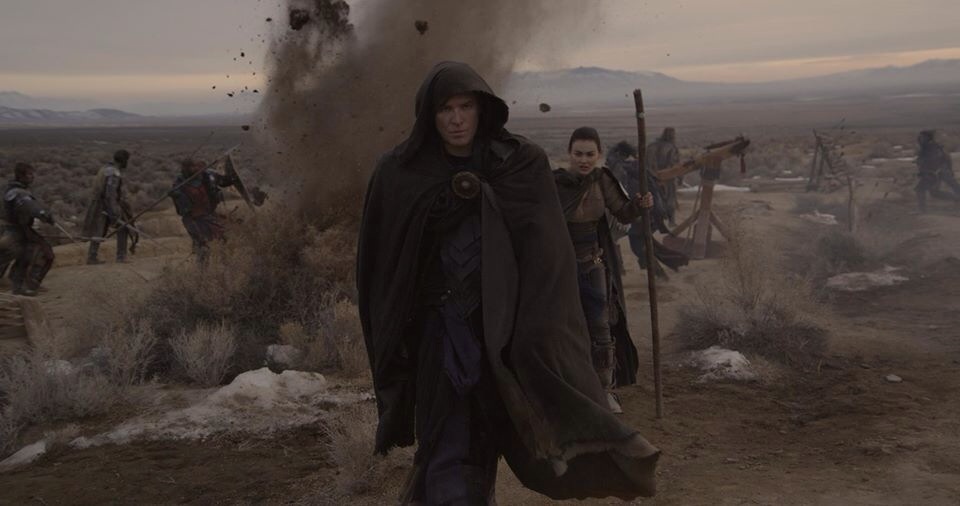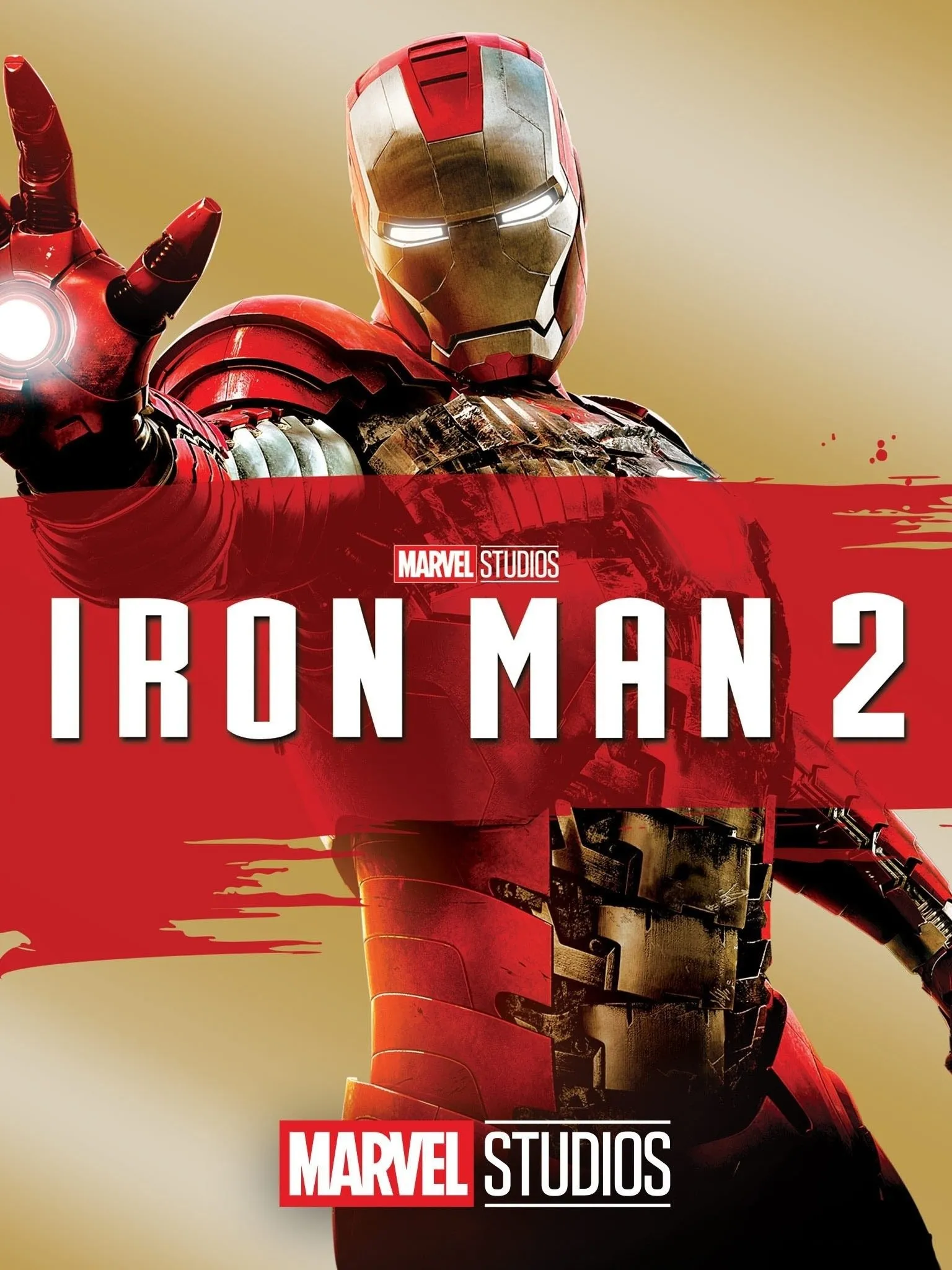
In a cinematic landscape dominated by high-budget fantasy epics, Mythica: The Necromancer (2015) stands as a reminder that ambition and heart can go a long way — even without a blockbuster budget. As the third installment in the Mythica series, this chapter dives deeper into the lore, character development, and moral complexity of a world where dark magic doesn’t just corrupt—it consumes.
Directed by A. Todd Smith and produced by Arrowstorm Entertainment, the film picks up after the events of Mythica: The Darkspore, with Marek (Melanie Stone), the courageous and increasingly powerful sorceress, continuing her journey toward self-discovery. But the stakes are raised dramatically when her mentor, Gojun Pye (played with stoic charisma by Kevin Sorbo), warns that her growing necromantic powers may end up destroying everything she hopes to protect.
This time, the quest centers around rescuing her friend and loyal warrior Thane (Adam Johnson), who has been captured by Szorlok — a powerful necromancer who seeks to fully assemble the Darkspore and plunge the realm into eternal darkness. But in doing so, Marek is forced to confront her inner demons as well as real ones, walking a dangerous line between light and darkness.
What The Necromancer does particularly well is develop Marek not just as a “chosen one,” but as a flawed, vulnerable person caught between opposing forces — her loyalty to her friends and her thirst for power. Melanie Stone delivers one of her strongest performances yet in the series, balancing emotion, desperation, and resilience in a way that grounds the fantasy with real emotional stakes.

Visually, while the film has budget constraints, the practical effects, creature design, and use of real-world landscapes (filmed primarily in Utah) give the film a tangible, gritty feel. The magic effects and swordplay are modest but effective, relying more on character dynamics and story than spectacle — which actually works in the film’s favor.
The chemistry among the core cast — especially between Marek, Dagen (Jake Stormoen), and Teela (Nicola Posener) — continues to be one of the series' strengths. Their camaraderie, witty banter, and trust in one another provide emotional weight as the film edges toward darker, more tragic territory.


